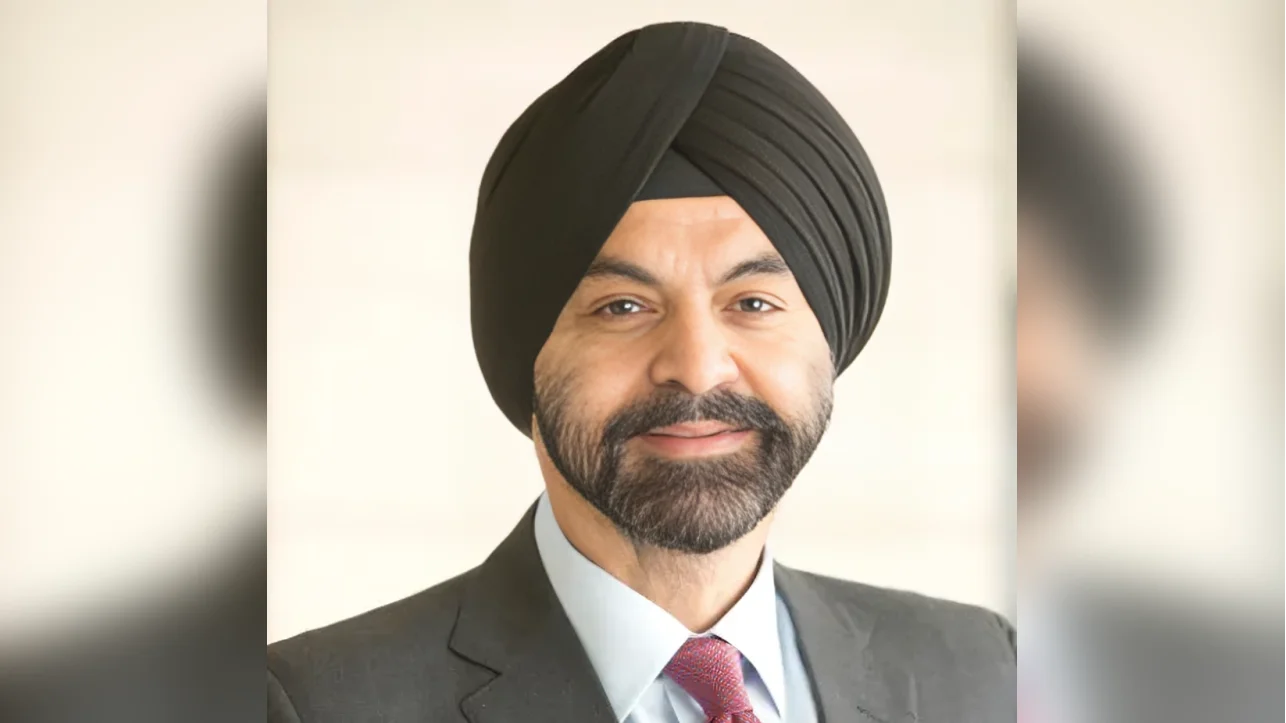Cristiano Vaz, a retiree in Maputo's Mavalane A neighborhood, faces challenges common among the elderly, including hypertension. In the past, Vaz often missed taking his blood pressure due to limitations in time and finances, preventing hospital or pharmacy visits.
Originally starting as a World Bank-funded short-term initiative during the COVID-19 pandemic, community health posts in Maputo were designed to address the urgent need for healthcare in underserved neighborhoods, covering areas where 30% of the city's poor residents live. These posts have since evolved into a sustainable, municipally owned project, providing fundamental health and social services to urban poor communities.
As the pandemic exacerbated healthcare needs globally, the Maputo City Council established 20 community health posts in the city's vulnerable areas, supported by the World Bank in Mozambique. These posts initially focused on raising COVID-19 awareness, conducting screenings, and facilitating medical referrals. In their first year, almost 90,000 people accessed essential healthcare services more closely aligned with their communities.
To decentralize and improve healthcare accessibility, each community post was partnered with a local Civil Society Organization (CSO) knowledgeable about the area, fostering trust and engagement. Initially, 80 trained local activists, mainly women, carried out health screenings and educational outreach. These posts, equipped with basic materials, offered screenings and disseminated preventive health information in collaboration with community leaders through various channels, respecting safety protocols.
As pandemic fears waned, the scope of the posts expanded. Beyond COVID-19, they began addressing broader health concerns such as tuberculosis, malaria, HIV, hypertension, and diabetes, and other public services, including land use titles. Between December 2022 and December 2023, they conducted numerous health screenings: 1,940 for tuberculosis, 11,342 blood pressure readings, and 446 malaria tests. Additionally, posts have tackled social issues such as gender-based violence, leading to the identification and intervention in 38 cases by January 2024, with workers trained in awareness and referral methods.
The City Council, acknowledging the posts' importance, incorporated their operation into the city's budget responding to community needs. Some community posts transitioned into permanent establishments based on health service demand, neighborhood demographics, and leadership support. The Ministry of Health has also decided to trial this model in other locations.
Local leadership played a critical role, with individuals like Mrs. Hortência Mazive, Secretary of the Mavalane A neighborhood, taking proactive steps. Upon learning of the sustainability plans for these community posts, she utilized surplus funds to initiate the development of a multipurpose facility, ensuring adequate service delivery equipped with necessary infrastructure.
Mrs. Mazive emphasizes the impact: "The Mavalane A community post has become a regular part of people's lives. On the days when the elderly receive their benefit payments, they seize the opportunity to visit and consult with us, getting their blood pressure measured and other services."
Gayatri Singh, Senior Urban Development Specialist at the World Bank, noted, “Community and civil society engagement is key to ensuring interventions' sustainability and maximizing impact. How Maputo's community health posts have been integrated into the lives and demands of communities, as well as the government's flexible and coordinated approach to keeping up with the change in their use, gives essential lessons on the importance of community ownership and involvement. It also contributes to designing better infrastructure and services that match the community's needs and respond more effectively and inclusively to social and health issues.”
The initiative, which began as a response to a global crisis, has matured into a model for sustainable, community-centered health and social services, illustrating the power of local leadership and investment to enact meaningful change.

